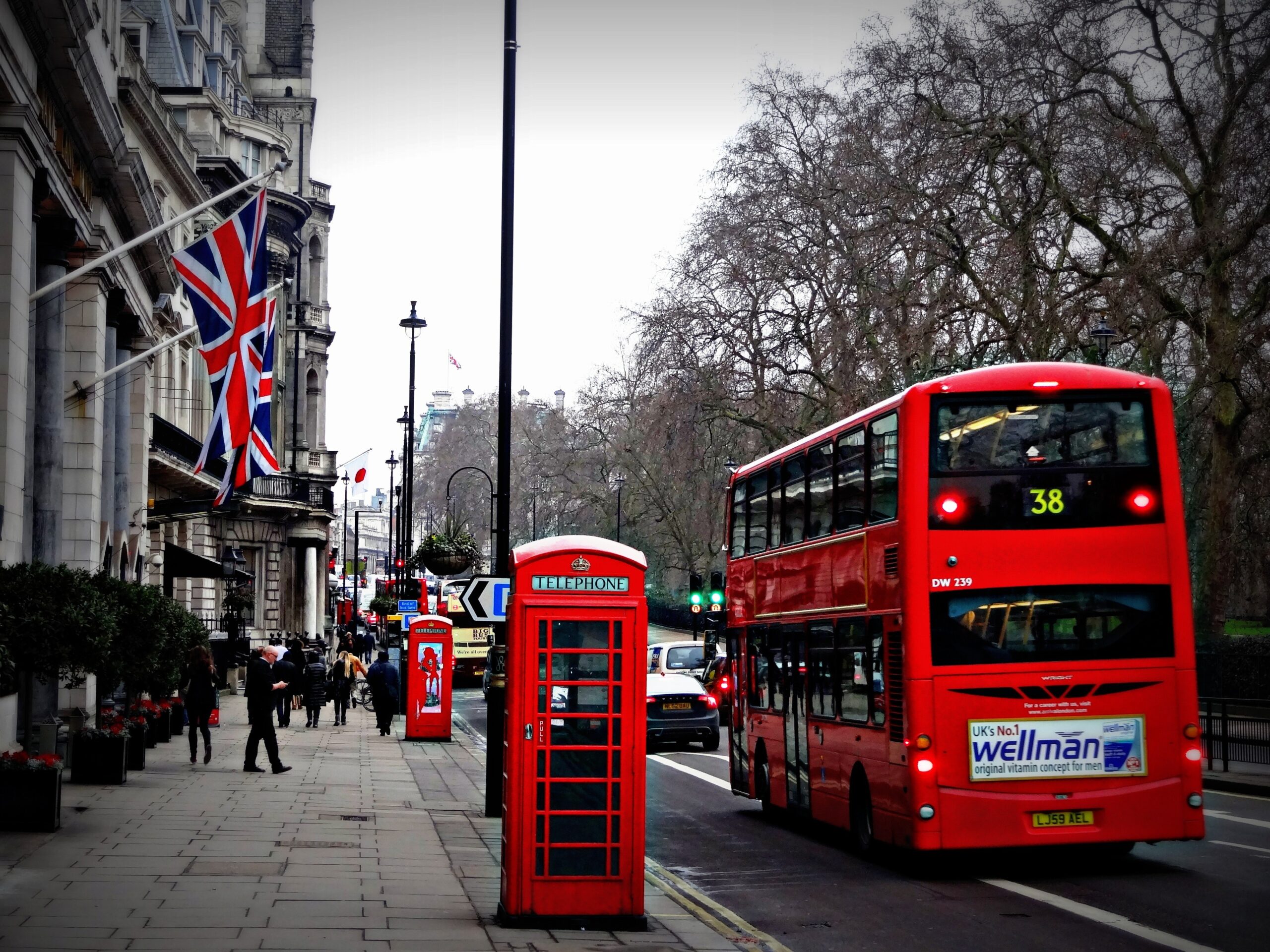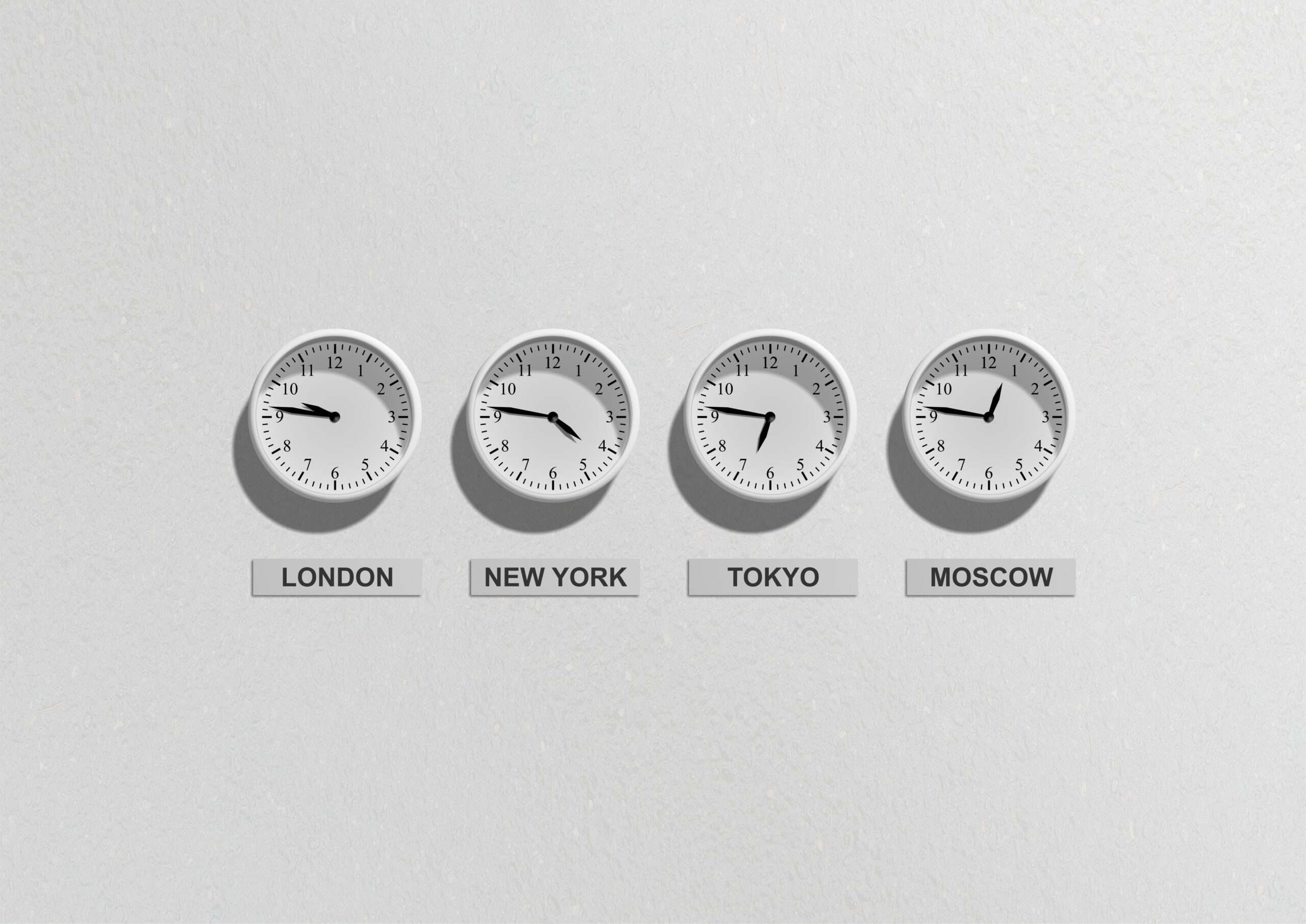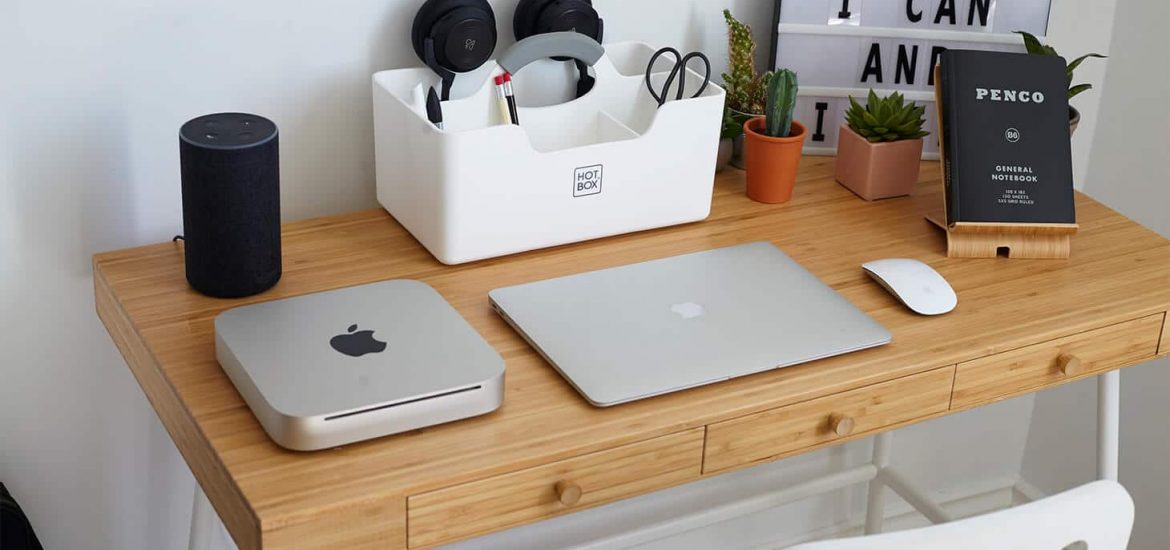Since the COVID-19 outbreak, remote working has surged all over the world. Portugal was the first European country to change its remote working rules as a direct result of the pandemic, whilst Mediterranean countries take extra long lunch breaks. But these aren’t the only ones showing a positive shift in work culture. We decided to take a fresh look at how office cultures and laws differ around the world, to see what the UK can learn.
Portugal’s work laws respond to the changing world
If Portuguese companies contact their staff outside of normal working hours, they can now face fines. Portugal has also introduced other changes now that more people are switching from the office to remote working. For instance, to help keep it fair for remote workers who have to use their own electricity and internet to get jobs done, companies now must contribute to expenses.
Also, workers who are parents now have the right to work from home without having to arrange it in advance with employers, up until their child turns eight years old. And in efforts to tackle loneliness that may come with remote working, companies are expected to schedule face-to-face meetings with employees at least every two months.
Similar to Spain, Portugal likes to give longer lunches to allow time for siestas and for workers to really enjoy their meals – the Portuguese are known for their love of food. So the typical lunch break is around two hours. The country has 12 public holidays, an annual leave entitlement of 22 working days and a maximum legal working week of 40 hours. Not too shabby.

Analysing the average hours worked over the past six years
When it comes to average hours worked per year, how does the UK fare? Using data collected from The Organisation for Economic Co-operation and Development (OECD), we analysed and compared the actual recorded hours of work from 2014 to 2020, focusing on 15 countries: Sweden, Iceland, UK, France, Germany, Finland, Italy, Spain, Japan, Portugal, Greece, New Zealand, Australia, USA, and Russia. We also collated each country’s typical weekly working hours, lunch break allocation, public holidays and annual leave entitlement to give them a score. Here’s what we found.
UK is in top five for best work-life balance

If you were at a party and the topic of conversation was ‘who has it best when it comes to work-life balance’, you’d probably hear the Nordic countries mentioned, and you may rank the UK quite far down the list. Well, you’d be partly right. With our analysis and scores, the UK actually makes the top five; France, Sweden, and Iceland are just ahead.
In the UK, the official average weekly hours are 40, but in reality, we are clocking in around 30 hours per week when adding up the five-year average of weekly hours recorded from 2014 to 2019. During 2020, the recorded average weekly hours figure was 26. And with lockdowns and furlough schemes coming into play, this may explain the dip.
Typically, we’re taking half an hour for lunch, have eight public holidays and an annual leave entitlement of 28 days. All these factors make the UK quite a good place to work.
The Mediterranean countries have the longest lunches

Even though the Mediterranean countries typically have longer lunch breaks, they made it further down our list because of the logged hours and less annual leave entitlement.
Greece, for example, has a typical lunch break of three hours. From 2014 to 2019, the weekly average hours recorded for Greece was 37. For Portugal, Italy and Spain, it was 33. Portugal and Greece both have it good when it comes to public holidays too, with Greece having 14 and Portugal having 13.
France has 11 public holidays and an average lunch break of two hours. The country has an annual leave entitlement of 25 days. The French also don’t have it too bad with hours of work with an official typical weekly figure of 35 hours. In the years 2014 to 2019, the average hours of work per week were also fewer with 29 recorded.
UK, Germany and Greece lost the most working hours during the pandemic
When totting up the average weekly hours recorded over the five years pre-pandemic (2014-2019), the top three countries analysed that showed the most difference in hours recorded in 2020 were Germany, Greece and the UK with them all losing four hours on average. That adds up to 208 hours lost in a year. This will factor in holidays, breaks, loss of work and furlough schemes during one of the most impactful years on the economy we’ve seen.

Russia recorded the most working hours during the pandemic and the last six years overall
Of the years analysed – from 2014 to 2020 – Russia came out on top for recording the most hours on average. The standard weekly hours figure for the country is 40 hours per week, and during 2020, the country’s weekly average was 36. For the five years pre-pandemic, the average weekly hours figure came to 38.
Sweden leads the way for work-life balance

Beating the UK for a good work-life balance is Sweden and Iceland. Sweden tops the list with the highest score because of the actual average hours recorded over the past six years, along with the typical lunch break, number of public holidays and annual leave entitlement.
40 hours make up the typical work week in Sweden with the nation giving 25 days of annual leave entitlement, 10 public holidays, and a one-hour lunch break on average. And when it came to the number of hours recorded on average by workers across the country, they actually recorded the biggest difference against the standard figure of 40.
From 2014 to 2019, the average weekly hours the Swedes were churning out was 28 in reality. For 2020, it was 27, so not a huge difference during the pandemic-stricken year, but it’s also worthy to point out that the Swedish government took the anti-lockdown approach.
France’s typical work week fares the best
When it comes to hours worked per week on average, the French have it best with 35 being the official figure. And when it comes to the recorded figures, they are just behind Sweden, tying with Iceland with 29 hours recorded per week on average over the five-year period pre-COVID-19 (2014-2019).
In 2020, the average hours worked each week was 27 (joint with Sweden). If it weren’t for Sweden and Iceland giving out more public holidays, France may have beat them to the post but they came out in third place, thanks to the actual recorded hours.
Known for their love of lunch, their typical allocated time of two hours for lunch has also helped with their overall score.

Four-day working weeks?
Every so often, a country hits the headlines with shorter work hours or weeks. Finland’s Prime Minister, Sanna Marin once proposed a six-hour, four-day work week. Trials of four-day work weeks have already begun in some countries like New Zealand, Spain, and Japan, with Scotland also starting a trial.
The UK is yet to follow suit, but there are indeed many companies that have already adopted the four-day week. There’s even a campaign dedicated to it with a list of UK employers who are officially accredited under the 4 Day Week scheme.
Right to rest, should the UK make it a rule?

With the recent ban on employers contacting staff outside of work hours in Portugal, there’s also the question of will the UK follow suit and bring in a right to rest? Fans of the Netflix hit Emily in Paris will know the running phrase “it’s illegal to work on the weekends in France.”
France already has a legally mandated 35-hour work week and a ban on employers from contacting employees with work during weekends and outside of the normal work hours. Could this work in the UK, and should it?
With a major shift to working from home, there’s already been accounts of workers realising they’re actually working more than when in the office and finding it more difficult to switch off as the line separating work from home becomes blurred.
Nick Pollitt, managing director of Wigan office design company, Diamond Interiors, thinks it’s a good idea but it may take a while to come into effect: “With so many factors involved, the type of work being one, it may be tricky to impose an official right to rest over here, but the concept is actually more vital than we realise. Too many of us officially clock off, but in reality, can’t seem to. Many employers put their staff in needless stress by contacting them after hours with things that can wait until the next day, leaving employees feeling anxious or stressed for not responding straight away or feeling like they do need to be on call. A right-to-rest rule can clear up that issue.”
Ways to improve a work-life balance
Switching off, no matter where you are working, can be difficult for many. The stress of deadlines lurk in our minds, the worries over our performances creep in, and the general anxiety of how well the company is coping during a pandemic has hit us all hard.
And when you are setting up an office in a less-than-ideal environment at home, that clock-off time gets even harder to register. So, what can you do to help improve that work-life balance?
Set up a designated work space

One of the best things you can do if you haven’t already is to make yourself a productive work space that’s only for work. This means foregoing the couch and investing in a home-office chair and working-from-home desk. Slouching or laying down for long hours every day when working isn’t healthy, and will make it harder for you to switch off. By having a desk and certified office chair, you can create a healthier office set-up with the ability to adjust the chair to reduce eye strain by keeping the screen at a healthy eye level. Good office chairs will give lumbar and arm support, be adjustable, and can help with posture and mobility.
Turn off email and Slack notifications
Depending on your job, emails and messages may not need a response til the next day; yet with work-communication apps like Slack, it’s so easy for us to hear that ping and become slaves to the technology. This, again, just makes it harder to settle into home life when we think we need to be checking every message. Mute email and Slack notifications during evenings and weekends, or you can even customise the notification alerts on Slack, so you can only receive notifications for when you or specific keywords are directly mentioned.
Pick up a hobby and give yourself leisure

If we don’t have any plans, it makes it so easy to carry on with work or even procrastinate during the day, knowing we have the evening to work too. If we have a schedule together with personal time booked in, we will be motivated to get as much work as we can get done within the standard work hours and push ourselves to switch off with new hobbies and fitness plans that make us feel good.
Get seriously organised
Whether you’re in the office or at home, organisation skills can weaken. Take the time to review your working habits and help improve your own workload and organisation. It could be finally using that notebook and planner you got for Christmas or using Google Calendar more efficiently. There are plenty of helpful organiser tools out there, Google being one with its calendar, notes, email, and tools.
Declutter – your work space and mind
Stress thrives in chaos. Put some order back into your work life and make that work space a place of motivation by decluttering and personalising. That means ‘ta ta’ to messy piles, scrunched up sticky notes and old stationery, and ‘hello’ to better office accessories and office storage systems, like filing cabinets, cable management, organiser trays and pen pots. Cleaning and organising can help our minds as well as make our working days so much more productive.
Need to improve the office layout for your staff? Contact our team today, and see how we can help their work life be improved.
